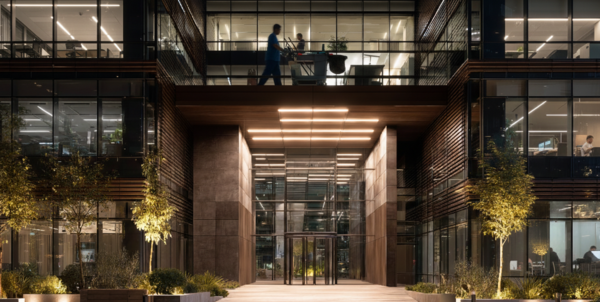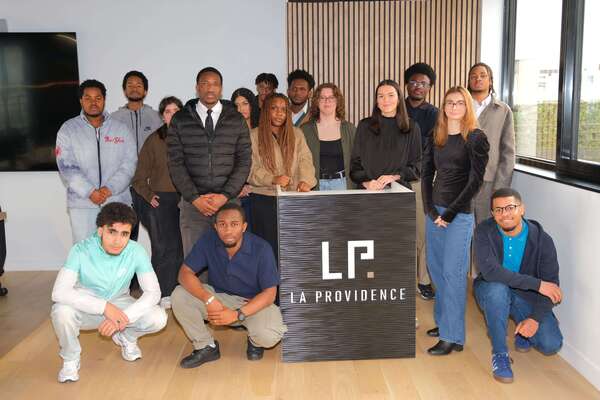The importance of cleanliness in a company's human resources strategy
Following the period of confinement caused by the Covid-19 pandemic and the rise of teleworking, organisations have had to redouble their efforts to ensure that their teams can return to their premises safely and comfortably. A growing demand for clean and healthy working environments is now coming from employees themselves, particularly with the proliferation of open plan and flex office environments where workstations are shared. Studies show the impact of clean premises and air quality on employee health, wellbeing and even productivity. In this context, cleaning companies have an important role to play by adapting their practices, choosing more environmentally-friendly products and communicating more about their work.
Changing practices in the cleaning sector

The cleaning sector was heavily involved during the pandemic, with strict hygiene protocols put in place to prevent the spread of viruses. For many companies, ensuring high standards of hygiene was a key factor in encouraging staff to return home after weeks of teleworking. According to a survey carried out by BVA-Monde de la Propreté in January 2023, half of French people have increased their expectations of cleanliness and hygiene following the health crisis.
Cleanliness in the workplace is now an absolute priority for employees, even ahead of odours and noise, according to an Ipsos study. It is widely recognised that hygiene and cleanliness contribute to well-being at the workplace, an essential aspect of employees mental and physical health, according to the WHO.
This increased focus on cleanliness is closely linked to the rise of open workspaces. In France, almost 40% of employees work in open spaces since 2019, and the rise of the flexible office means that cleaning needs to be more rigorous. Companies are adapting their practices accordingly, moving from weekly to daily disinfection of workstations, as Séverine Pilverdier, president of Idet, points out.
Towards a healthier, more sustainable working environment
Communication about cleaning practices has also evolved. Previously discreet, it is now promoted by large companies to reassure and retain employees.
To meet customers expectations, La Providence is exploring new intervention models, such as usage-based cleaning, which adapts to users real needs. We illustrate this approach by implementing digital innovations that are perfectly suited to continuous cleaning throughout the day to meet our customers' needs.
Air quality as a major challenge

In addition to cleanliness, air quality has become a major issue. Poorly ventilated and dusty offices can have a significant impact on employee health and productivity. Cleaning companies are starting to incorporate measures to improve air quality, such as the use of environmentally friendly products and regular maintenance of ventilation systems.
Employers have clear legal obligations in relation to hygiene and air quality and must ensure the health and safety of their employees. The French Labour Code sets strict standards for cleanliness of premises and air quality, with special provisions for establishments receiving a sensitive public.
Finally, at La Providence, we are increasingly using digital technologies to improve our services. For example, our air and flow sensors allow us to monitor the use of spaces and contribute to the employee experience that our clients want. Although the adoption of these technologies in our industry is gradually increasing, they represent significant potential for the future of corporate cleaning.



